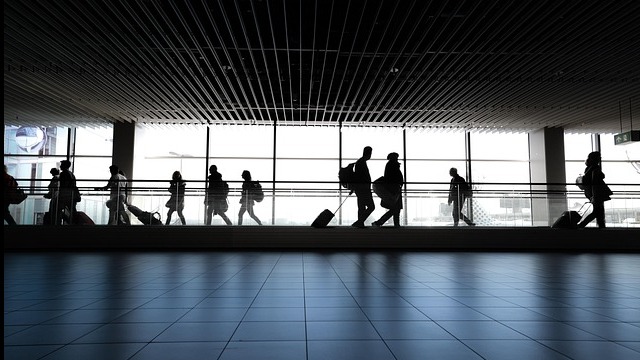
United Airlines Cuts 35 Daily Flights at Newark Amid Air Traffic Controller Shortage
United Airlines has announced the cancellation of 35 daily round-trip flights at Newark Liberty International Airport, citing a severe shortage of air traffic controllers and persistent technological issues. This reduction, representing approximately 10% of United's daily operations at Newark, took effect on Saturday, May 3, 2025, and is expected to continue until further notice.
A Crisis Years in the Making
The decision follows a week of significant disruptions at Newark, including delays, cancellations, and diversions. United Airlines CEO Scott Kirby attributed these issues to multiple failures of the Federal Aviation Administration's (FAA) air traffic management systems and a walkout by over 20% of air traffic controllers at the airport.
In a letter to customers, Kirby stated, "This particular air traffic control facility has been chronically understaffed for years, and without these controllers, it's now clear — and the FAA tells us — that Newark airport cannot handle the number of planes that are scheduled to operate there in the weeks and months ahead."
Impact on Travelers
Passengers traveling through Newark have faced extensive delays, with some flights experiencing arrival delays of up to five hours and departure delays averaging 45 minutes. These disruptions have not only affected flights at Newark but have also had a ripple effect on air travel nationwide, impacting cities such as Los Angeles and Chicago.
The shortage of air traffic controllers is a nationwide issue that the Trump administration has pledged to address. Transportation Secretary Sean Duffy announced plans to recruit new controllers and provide incentives to retain existing ones. However, the current staffing levels are insufficient to meet the demands of the busy summer travel season.
Looking Ahead
United Airlines has long advocated for reclassifying Newark as a "Level 3" airport, which would allow flight scheduling control based on capacity. This reclassification could help manage the airport's operations more effectively amid ongoing staffing challenges.
In the meantime, travelers are advised to check their flight status regularly and consider alternative airports when possible. The airline industry continues to navigate the complexities of staffing shortages and infrastructure challenges, striving to minimize disruptions and maintain safety for all passengers.
 Add Row
Add Row  Add
Add 




Write A Comment